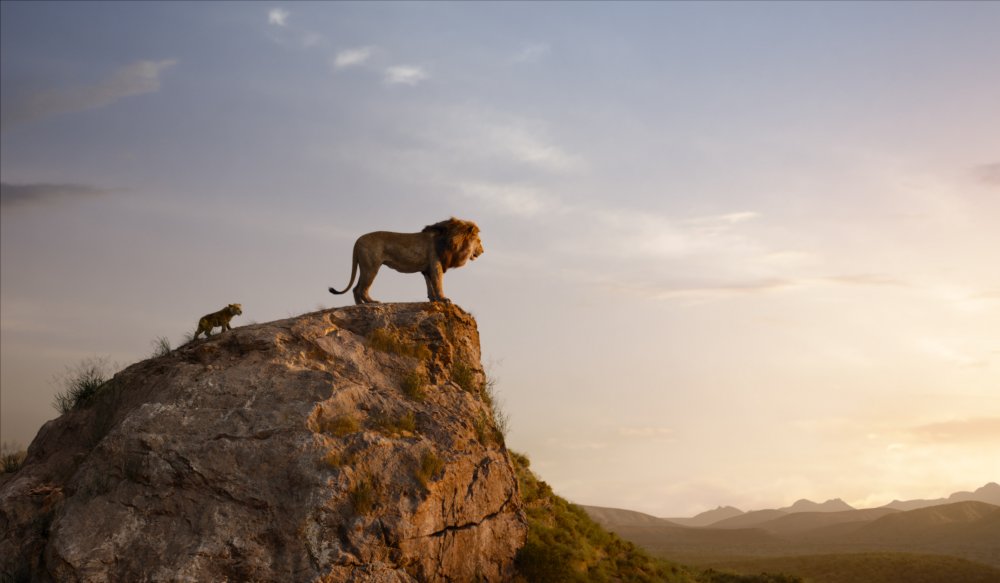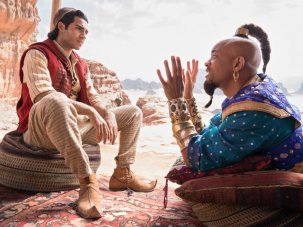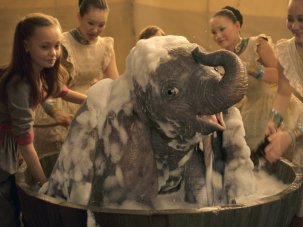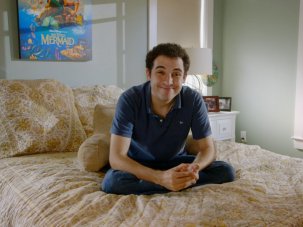An acquaintance once told me that he couldn’t bear to watch The Lion King, the pride of Disney’s 1990s renaissance, as it isn’t true to how animals behave in nature. It struck me that he had a strange notion of what cinema – especially animation – can do.
USA 2019
Certificate PG 118 mins approx
Director Jon Favreau
Voice cast
Scar Chiwetel Ejiofor
Zazu James Earl Jones
Musafa Lisa McGrillis
Rafiki John Kani
Sarabi Alfre Woodard
Young Simba JD McCrary
Adult Simba Donald Glover
Young Nala Shahadi Wright Joseph
Sarafina Penny Johnson Jerald
[2.35:1]
UK release date 19 July 2019
Distributor The Walt Disney Studios
powster.com/disney/lio-la/uk/
► Trailer
I wonder what he’d make of this remake, which entertains a vision of real lions talking and playing politics, at the cost of entertaining the audience. Disney’s promotional bluster notwithstanding, this Lion King is fully animated, albeit in CGI that aspires to photorealism. Its use of technology expands on the synthetic world-building that’s increasingly prevalent in blockbuster cinema – not least in The Jungle Book (2016), also by director Jon Favreau and VXF veteran Rob Legato. But whereas other films generate a frisson from the contact between human actors and imaginary environments, The Lion King has no live-action element. It pursues photorealism for its own sake.
Unlike most other recent Disney remakes, this one doesn’t rewrite the plot it inherited. Mufasa (James Earl Jones) is the enlightened lion king with a penchant for mysticism; his brother Scar (Chiwetel Ejiofor) a mangy Machiavelli with sharp claws; Simba (JD McCrary/Donald Glover) the callow heir-turned-exile. It’s a thrilling tale, told as a hybrid of Shakespearean tragedy, coming-of-age flick and Broadway musical, and Jeff Nathanson’s script only tinkers with details. The lionesses are given more screen time, and a trendy intertextuality is introduced into the routine of comedy sidekicks Timon (Billy Eichner) and Pumbaa (Seth Rogen), who reference both Lawrence of Arabia (1962) and Beauty and the Beast (1991).
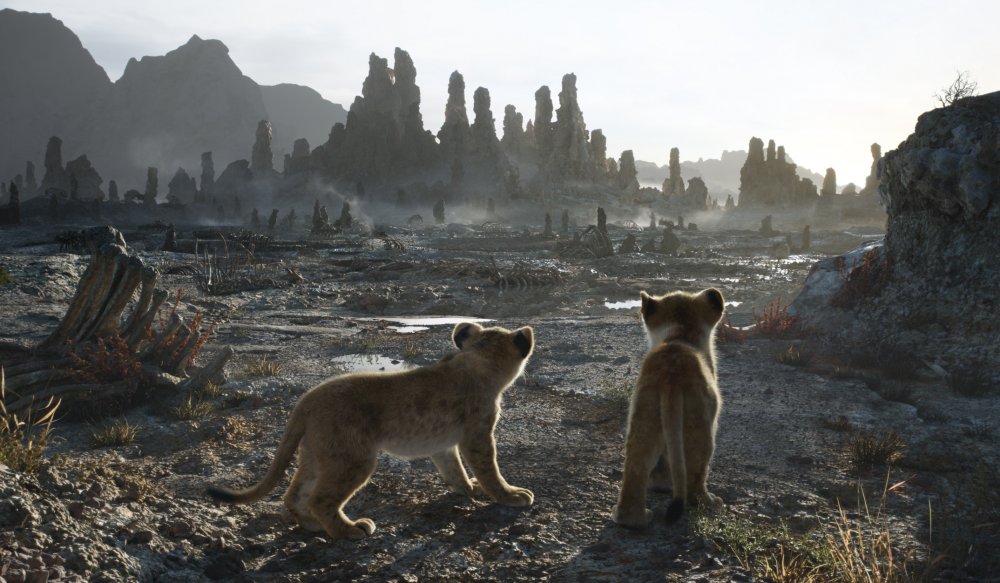
The Lion King (2019)
The original Lion King negotiates its shifting moods by harnessing all the expressive tools of animation. Lurid red light announces danger. The bursting joy of Elton John and Tim Rice’s songs triggers flights into graphic abstraction. Scar is tailed by an expressionistic shadow and his eyes are envy-green, while Simba’s youthful sense of entitlement comes out in the faces he pulls. Straitjacketed by naturalism, the artists on the remake simply lack the tools to convey the story’s vast emotions. The characters’ mouths move in synch with the dialogue, but there are otherwise few concessions to cartoon styling. On its own terms, the film is a triumph of subtle modelling and rigging. But why create animals who can talk but not smile?
Compare with Favreau’s The Jungle Book, which changes the narrative (and tones down the songs) in pursuit of a sobriety that befits the photorealism. And its protagonists at least belong to different species, thus acquiring nuances of characterisation that these lions lack, being just similar grey-brown figures against a grey-brown savannah. The voice actors compensate somewhat with spirited performances, though only Ejiofor as Scar is ambitious enough to reimagine his role, trading Jeremy Irons’s unctuous sneer for a choked rage that’s genuinely menacing.
Before I’m accused of judging The Lion King by what it is not, I’ll say that a near shot-for-shot remake, which directly appeals to my nostalgia for another movie, asks for no less. I envy those who are new to the story and hope they enjoy this more than I did – but then pretty much everything that’s entertaining here derives from the original. The film flaunts its progressiveness, pushing aspects of animation to new levels of sophistication, but essentially it’s just trading on the past.
-
The Digital Edition and Archive quick link
Log in here to your digital edition and archive subscription, take a look at the packages on offer and buy a subscription.




